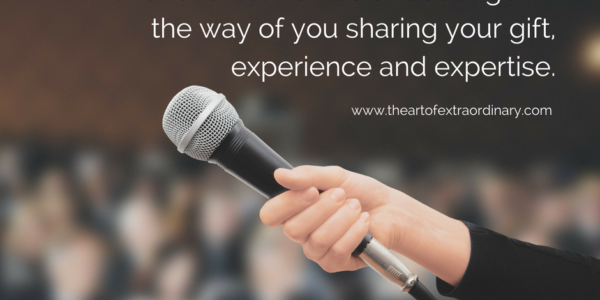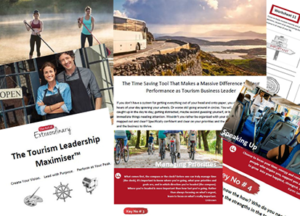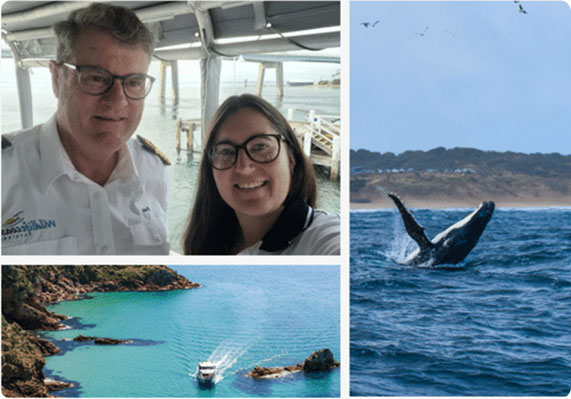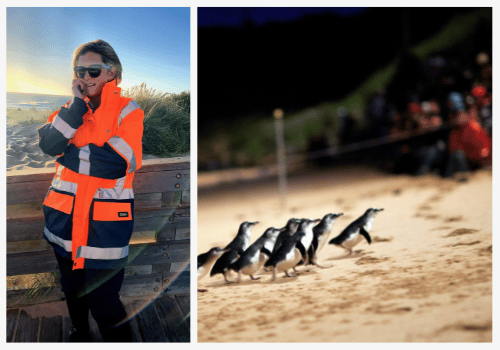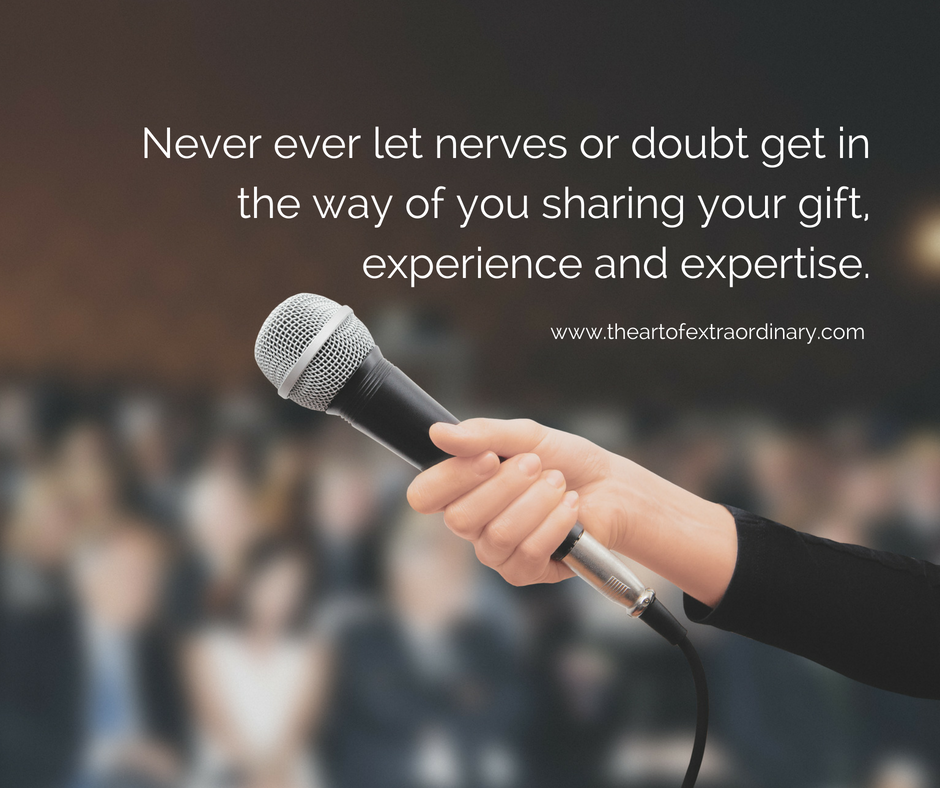
Did you know a crazy large percentage of people would love to be in their own coffin rather than giving a eulogy at a funeral?
Morbid I know, but so many people HATE public speaking with a passion.
Are you one of those, or are you kind of like neither here nor there, have you learned to deal with it, or do you LOVE it?
At around 13, was running late to choir practice, snuck into the pew and was suddenly called upon to get up and audition for this Christmas Service. I’d mistakenly slid into the WRONG end of the church pew…
Next up and petrified, everything was shaking, my voice wasn’t warm, didn’t even know the carol and it was a HUGE DISASTER.
Embarrassingly and it did nothing for my solo singing career what so ever. In fact, I never sang by myself ever again. Went on to be a fabulous choir singer who loved being part of the crowd.
However, a nagging desire to sing, to share my voice and music, kept niggling, for quite some time and so… years later in my mid-twenties, I took myself off for singing lessons. I remember the very first one with my gorgeous teacher, may she rest in peace now. At the time, she was already 80 in the shade, yet had a passion for singing and still the voice of an angel.
She inspired me to sing, to love my voice, no matter what and to share the gift. After that, sang at weddings and parties. Whilst nowadays it’s mostly been nursery rhymes and lately, we’ve been through the One Direction phase, now onto The Greatest Showman track – I still vividly recall those lessons, the nurture, and passion she instilled in me.
We must surround ourselves with people who believe in us and want us to perform at our best.
Hey, so I’m no Marina Prior, Madonna or Pink – BUT, I love sharing a gift with an audience.
So what does singing have to do with your public speaking ability?
It’s another one of those ways to share your gifts.
If you think about the possibility of talking to your team, directors around the boardroom table, speaking at a conference or inspiring potential clients at your own event?
- Do you break out in a sweat?
- Does your stomach start doing cartwheels?
- Does your mouth go dry?
- Does your mind start to freeze over?
We all respond differently to nerves and the fear of public speaking, so here are a few of my favourite strategies for preparing for and overcoming the nerves and doubts during a presentation.
- Focus on the One!
Remember one person alone needs to hear what you have to say. Alternatively, contribute to, learn or hear from your experiences. Never discount the value of speaking literally to that one person in the room. No matter how many are sitting in front of you, 1, 10, 100 or 1000 – one person is looking forward the idea, opportunity, solution you have to their situation, whether brainstorming or to solve suffering and struggle. YOU have the ability to inspire, educate and lead them to better ways of being in business, being part of a team or in life.
- Expanded Awareness
Raise your eyes to above eye level. Imagine (or put one there) a black dot on the wall. Look at the dot, all your focus and then slowly expand your awareness, taking in all the sights, sounds, movements, shapes, objects that you can now see in your peripheral vision. From the back of the room to the front, and across to each side, you will suddenly notice you can see the whole room, you are aware of what is going on all around you, where people are, who is moving, who is bored, who is fascinated. You can “READ” your audience, by being sensitive and aware of everything that is going on, yet, you have the ability to look upward to breathe and refocus at any time. Always avoid looking down at your feet always. If by chance you become distracted, lose thought, or need to re-calibrate your energy and pace, look upward to your dot on the wall.
- See the Finish
This particular technique is highly valued by elite athletes for their sporting endeavours. Picture yourself 15 minutes after successful completion of the event, negotiation, conversation, meeting or presentation. See yourself afterward, back in the car, driving home, or back at your desk, afterward talking to participants, clients, team, colleagues or audience members who were present and listening. See what you’re wearing, what’s around as you pass by in the car, notice the noises and the sounds. It could be people congratulating you, acknowledging what they learned, or will implement or maybe you even see them implement your ideas at their desks after your presentation or discussion. Make sure you engage the sight, sound and feeling (physical) of what will you be feeling as well. A lightness, smiling and calm stomach. The better you can be at using all the senses, the stronger the body’s ability will be to associate with your successful completion of the event. Then at the moment when the nerves come and they will, in different ways, remember we’re all unique to how we experience our nerves. Simply see your finish, keep picturing it and remember your ONE person.
- The Power of the Pause
Seriously, it is amazing how many people forget to pause and breathe. The reason we unconsciously (or consciously) add so many Umm’s into our speaking, is that it gives our brain time to catch up to where we are up to with speaking, to recall information, to remember where we are up to in our speech or to be making it up, if we are being spontaneous or talking off the cuff. Be ok with using pauses, allow space, both for you to process information, also your ‘audience’. Pauses add effect. The pause creates drama. Focus on keywords and it can be a very subtle and powerful tool to diversify and enhance the experience you are creating/having. For the nerves, it slows you down, and oxygen (YES.. BREATH) does wonders for the brain to keep it firing! So remember to enjoy pausing and breathing.
To be great at presenting, there is more to it around using a solid presenting structure that helps you with engagement, recall of content and information, becoming an incredible storyteller and practice.
Nothing beats or can fast-track good old fashioned practice.
So here’s to your presenting. Here’s to your nerves. Thank them for wanting to keep you safe and protect you, let them know you are all good and ready to ROCK that stage, the next time the opportunity arises.\
